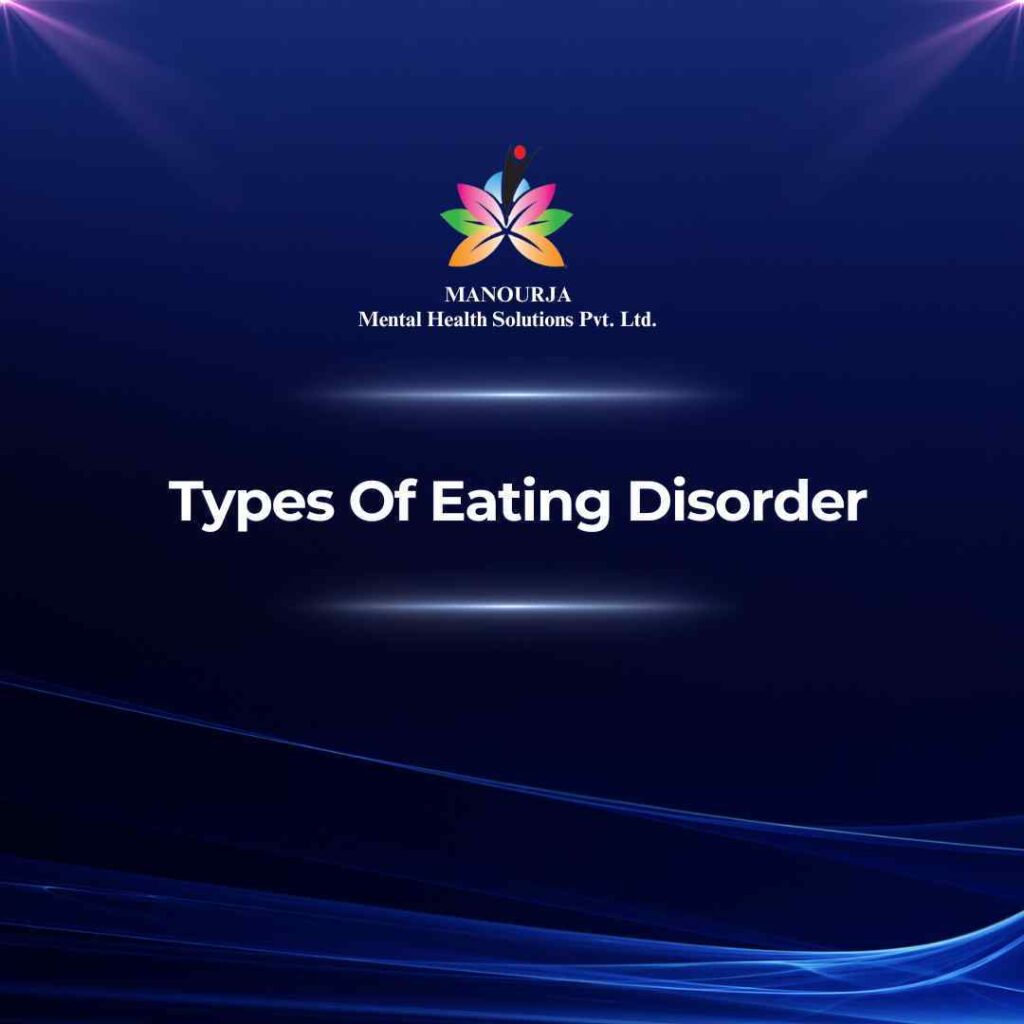
Eating disorders represent a group of serious conditions related to persistent eating behaviors that negatively impact health, emotions, and the ability to function in important areas of life. Each type has distinct features and symptoms. Here are the primary types of eating disorders, each described with fresh insights:
Anorexia nervosa is characterized primarily by self-imposed starvation and an excessive fear of gaining weight. Individuals who suffer from this disorder view themselves as overweight, even if they are dangerously underweight. They are typically obsessed with monitoring their weight, avoiding certain foods, and severely restricting their calorie intake. This disorder can lead to devastating physical effects, including bone thinning, muscle loss, and severe dehydration, which can result in kidney failure.
Bulimia nervosa consists of a distressing cycle of binge eating followed by behaviors intended to avert weight gain, such as forced vomiting, excessive exercise, or misuse of laxatives. These cycles often happen in secret and are usually accompanied by feelings of shame or loss of control. The health implications of bulimia are severe and include electrolyte imbalances, gastrointestinal problems, and severe dental erosion due to exposure to stomach acid from vomiting.
Individuals with binge eating disorder experience frequent episodes where they eat unusually large amounts of food and feel unable to stop eating. These binges are typically followed by feelings of guilt, disgust, and distress. Unlike bulimia, there are no regular attempts to “make up” for the binges through vomiting or fasting. This disorder can lead to obesity-related conditions, such as heart disease, high blood pressure, and type 2 diabetes.
Avoidant/Restrictive Food Intake Disorder (ARFID)
Unlike other eating disorders, ARFID is not driven by concerns about weight or body image. Instead, it is characterized by a disinterest in eating or food, or an avoidance based on the sensory characteristics of food or past negative experiences with food. This can lead to nutritional deficiencies and significant weight loss, and can severely impact normal social functions like eating with others.
Pica compels individuals to eat non-food substances, such as dirt, clay, or paper. The urge to consume such items is inappropriate to the development level of the individual and is not part of a culturally supported or socially normative practice. This disorder can cause a variety of physical health risks, including digestive blockages and poisoning.
This disorder involves the regular regurgitation of food, which may be re-chewed, re-swallowed, or spit out. This regurgitation typically occurs soon after eating and is not due to a medical issue such as reflux. It can lead to weight loss and malnutrition and can occur in infants, children, and adults.
Although not officially recognized in standard diagnostic manuals, orthorexia involves an obsession with “pure” or “healthy” eating, to the extent that it becomes detrimental to well-being. Individuals with orthorexia may eliminate entire food groups, fearing they are unhealthy, which can lead to severe nutritional shortages.
Understanding these disorders is crucial for early intervention and effective treatment. As eating disorders can have serious health consequences, professional help from dietitians, psychologists, and medical health providers is essential for recovery.
At MANOURJA, we believe in the transformative power of counseling. Our experienced therapists offer a safe and supportive space where you can explore your thoughts, emotions, and challenges. Through personalized counselling sessions, we’ll work together to develop coping strategies, build resilience, and achieve lasting positive change. Discover the path to a healthier, happier you with MANOURJA counselling services.
MANOURJA Rehabilitation Services
At MANOURJA, we’re dedicated to helping you in rebuild your life, after difficult times. Our rehabilitation services focus on understanding what you need to move forward, whether you’re recovering from addiction, trauma, or any psychological – social challenges. We create personalized plans, that are all about helping you, regain your strength and find hope again. With a caring team by your side, you’ll have the support to make real progress and take steps toward a brighter, healthier future.
